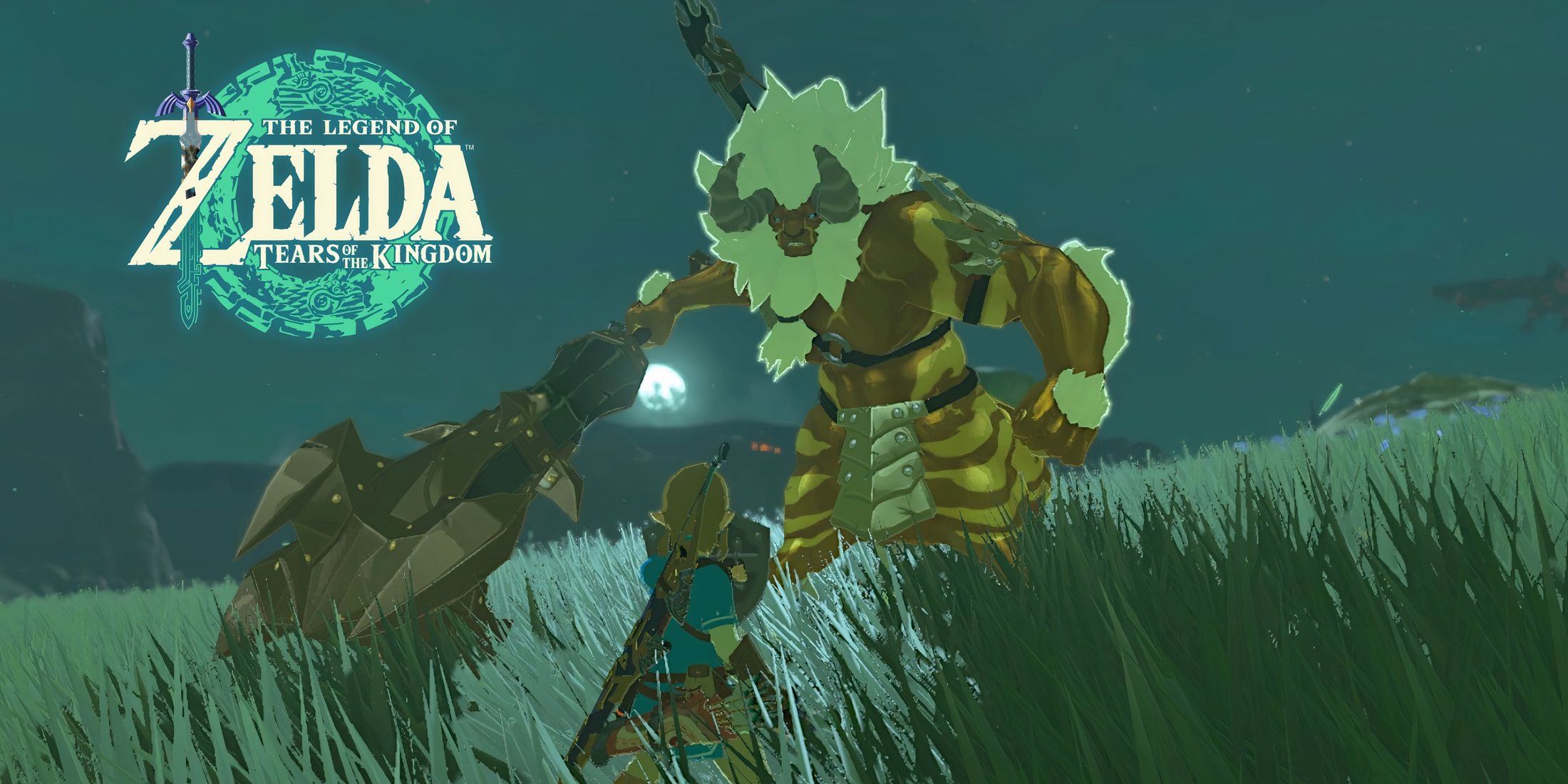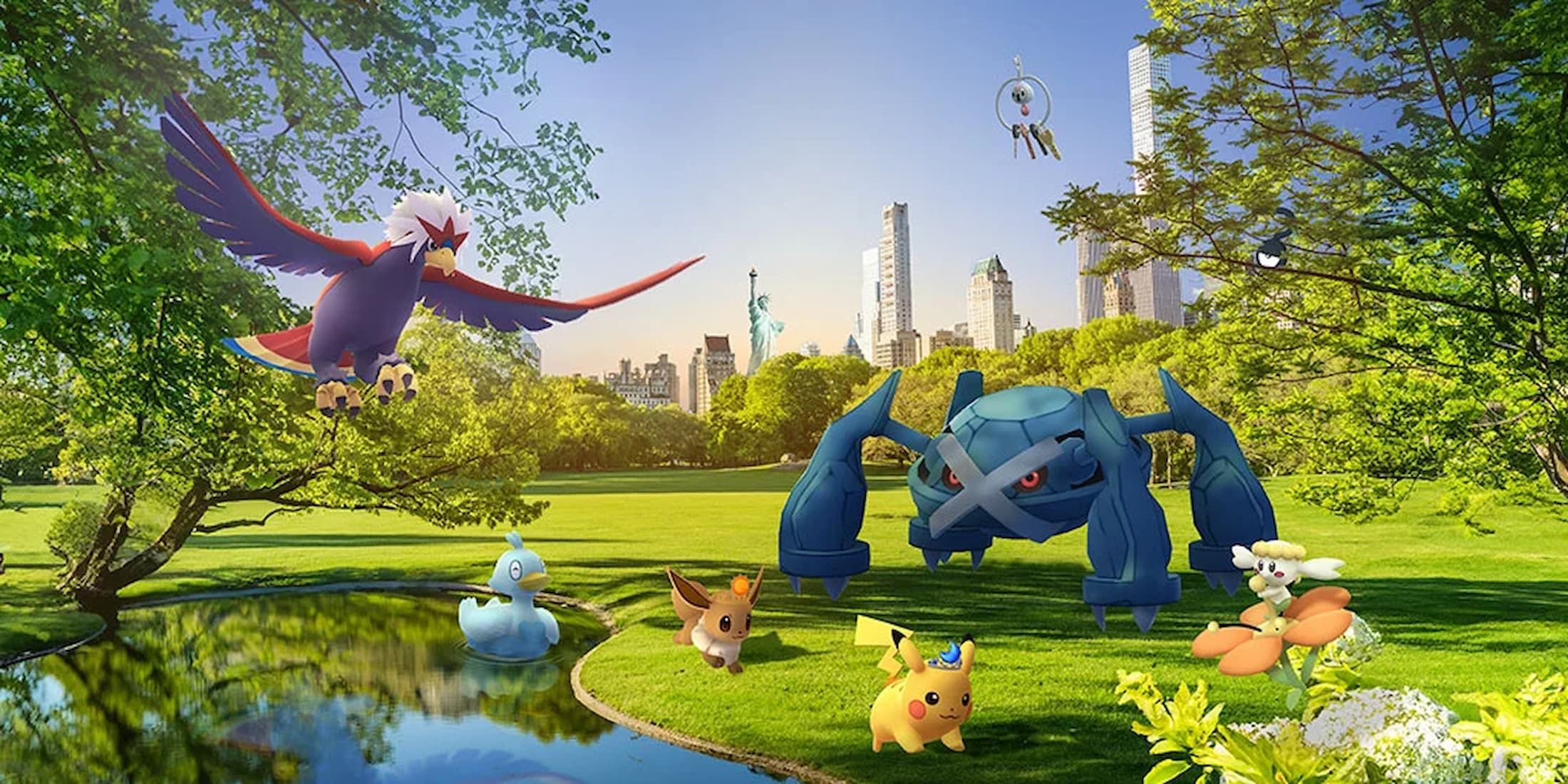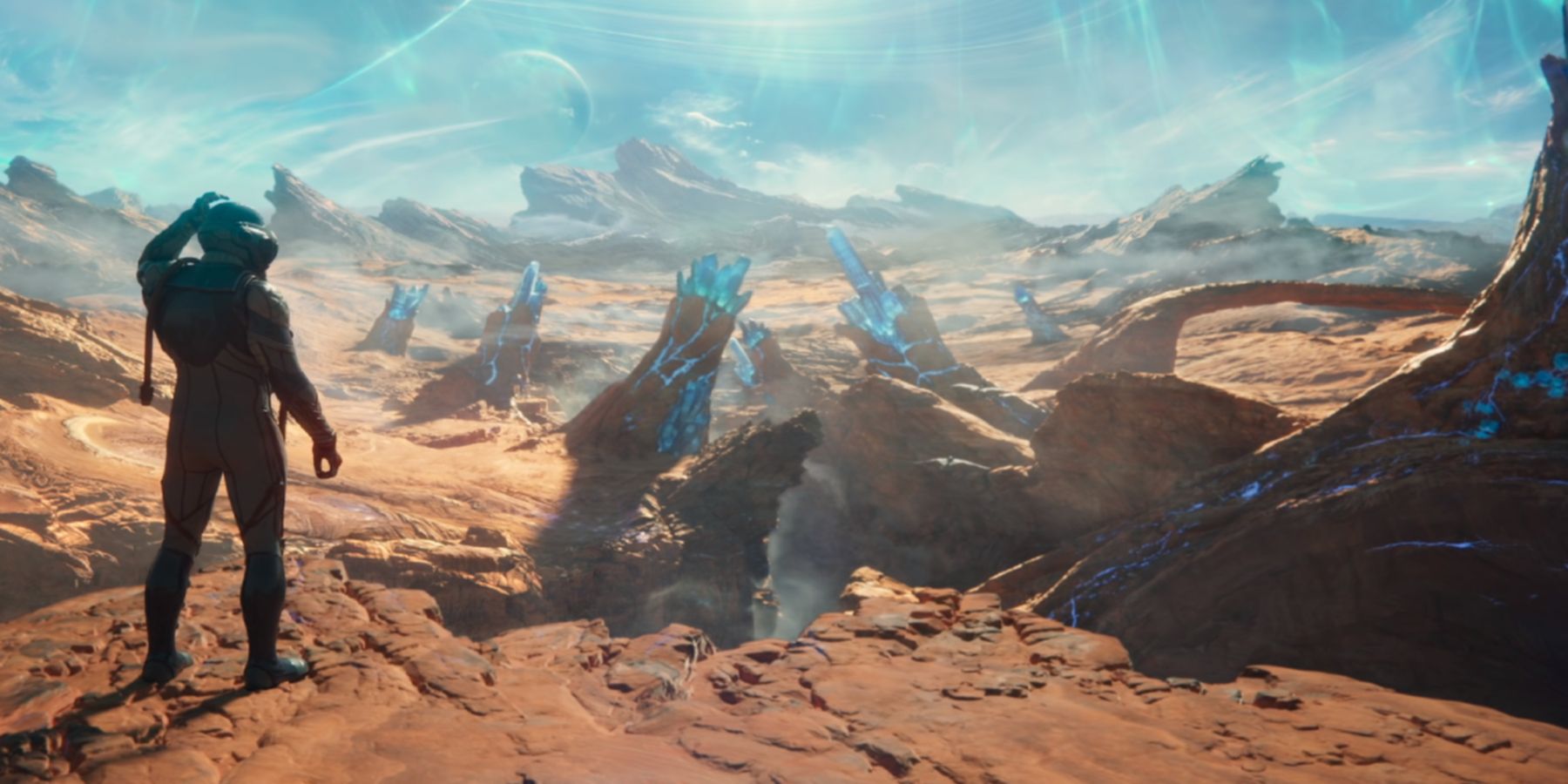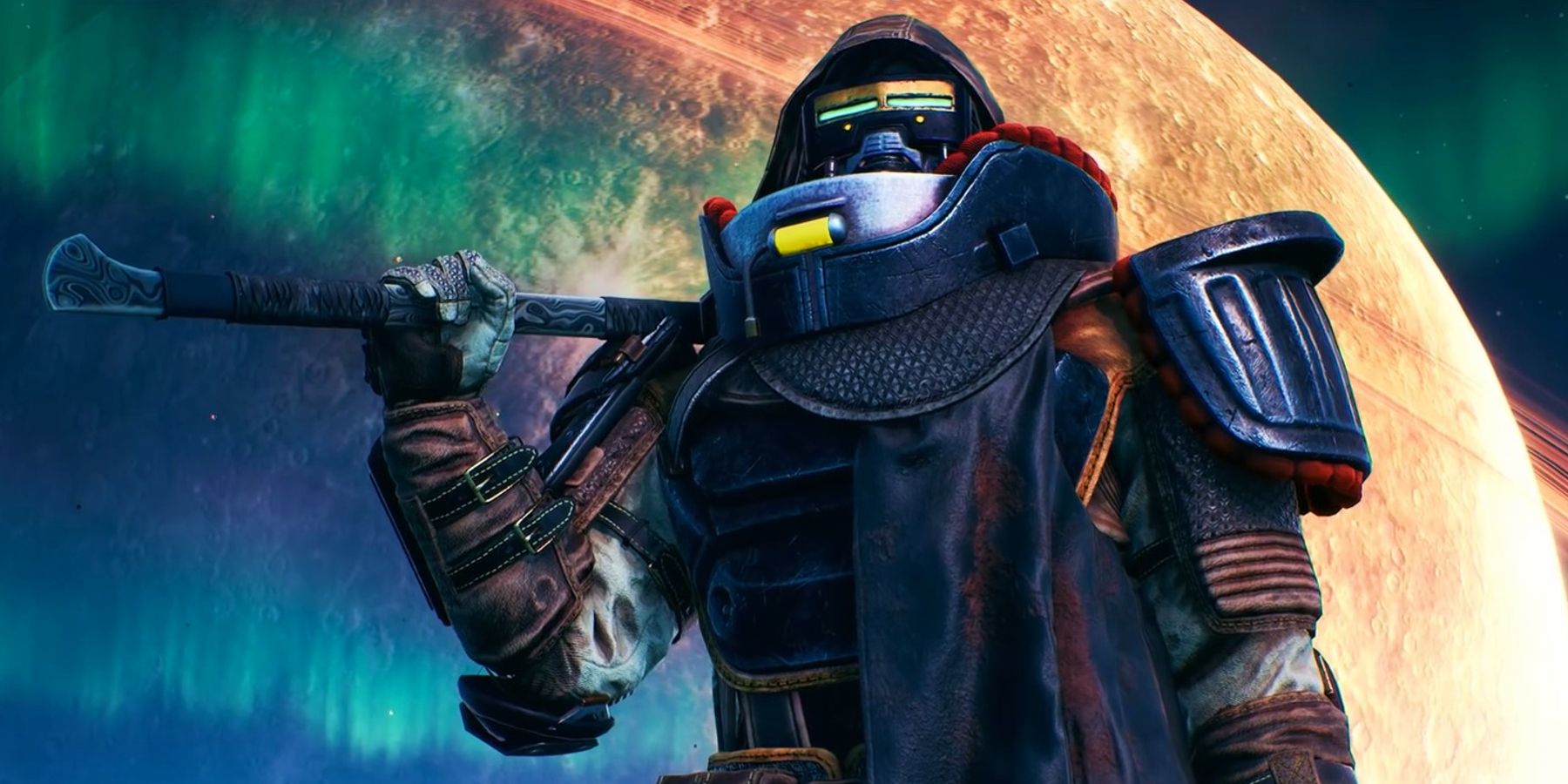A protagonist's background in a video game can easily alter how the player perceives the world around them. In The Outer Worlds, players saw themselves fit into the outsider role, visiting lands completely foreign to them. However, The Outer Worlds 2 could see a change in this formula.
Rather than playing as an outsider, The Outer Worlds 2 could aim to give the player a much more involved background. Doing so would provide a very different experience from the first installment's protagonist while creating unique opportunities set within the franchise's dominant themes like the dangers of capitalism.
A Change in Protagonists for The Outer Worlds 2
Part of the reason the role of outsider worked well for The Outer Worlds is that it justified providing a more educational experience to the player. It allowed them to learn more about the world without coming off as forced. But despite these successes, The Outer Worlds 2 could approach this from an entirely different angle since innovation is always key to success. Rather than having the player play as an outsider who knows little of the world around them, the player could instead take on the role of a colonist. Not only would this provide a wildly different experience, but it would allow the player to approach The Outer Worlds 2's new solar system in ways the previous installment did not allow.
One instance of this is The Outer Worlds 2's builds and specializations, which could see themselves being more largely impacted by what aptitude the player character had before they left the life of a colonist. Considering the fact that the player's character would have been working that job since they were able, it would make sense for it to have a greater impact on a player's stats. The aptitude could even have an effect on how the player begins their story. For example, a player who chooses the farmer aptitude may start out planting seeds or tending to crops, while a janitor would start off with wiping the floors. It adds layers of immersion not found in the previous game, and while those are all small details the game will likely skip over, it reinforces that criticism of capitalism.
A change like this would also greatly alter how the player makes relationships and builds their reputation throughout the game. For example, considering the hierarchal system of the game's universe, starting as a colonist would place the player on the lowest rung of the ladder. The idea of starting on the same level as other colonists may alter how the player perceives their relationships with certain companions and NPCs. As for reputations, the player would essentially need to work their way up from the very bottom in order to achieve their goals. But as a former colonist, this could provide a more satisfying experience. Overall, it would arguably be one of the best The Outer Worlds 2 features to double down on.
Not only that, but having the player take on the role of a colonist may be the more suitable choice in terms of The Outer Worlds' themes and story. In a society that values the worker's labors over the workers themselves, individuality is something that is largely disregarded by the higher-ups of The Outer Worlds. Having a character who was formerly part of that mold and then somehow managed to break out of it would provide a message that is both inspiring and thematically relevant, playing right into The Outer Worlds' previous world-building.
With the new star system coming in The Outer Worlds 2, Obsidian Entertainment will have a whole new range of ideas to explore. With any luck, it may choose to change what it means to be a protagonist in The Outer Worlds 2, giving players something a new perspective to work with.
The Outer Worlds 2 is currently in development.





